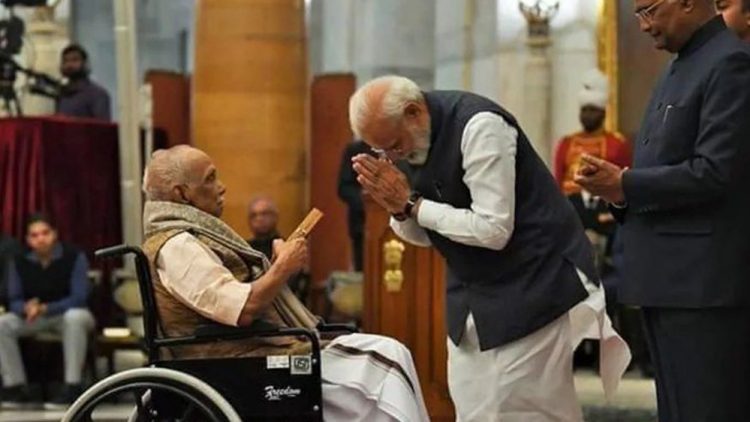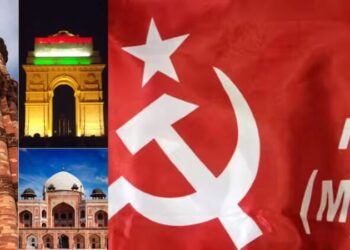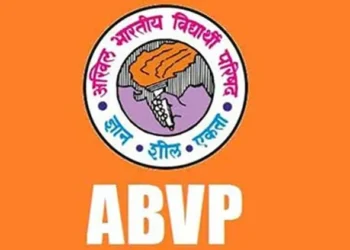Thiruvananthapuram: P. Parameswaran was a towering figure in the nationalist circles of Kerala. He laid the intellectual foundation of the RSS in the state on which its cadres could anchor themselves and launch stinging attack against left intellectuals.
Parameswarji was also an unsung social reformer who was instrumental in giving a sense of direction to the Hindu community. The social reform he advocated made him the direct successor of Sree Narayana Guru, Chatambi Swami, and Ayya Vaikunda Swami who preached against social injustices by teaching the spiritual traditions of India.
Parameswarji was an authority of the ancient wisdom of India and in the philosophy of Vedas, Upanishads, and Bhagawad Gita and brought into his writings the stories and key teachings from the plethora of Indian texts. This imbibed in the reader a sense of belonging to the culture of India and encouraged each person to adopt the pearls of wisdom to serve the nation and to live life to its full potential.
His strong attacks against the Marxist ideology, which had deep roots in the soil of Kerala, was significant for exposing the western ideology. It must be noted that he fought against Marxist thinking during a time when the whole world was under its magic spell.
The materialistic approach of the left to bring welfare to the people was exposed. In addition, the real truth of the death and destruction that communist regimes instigated against their own people were brought to the attention of Malayalees through his writings and speeches. His noted works like ‘Marx to Maharishi’ and ‘Marx and Vivekananda’ gave many the intellectual foundation to fight against communism in the intellectual space.
People of Kerala, who were up till then accustomed to Marxism only, suddenly found an alternative that was both nationalist in its approach and effective in its praxis. The idea of dialectical materialism as the only way to understand society and the path to destroy social evils through revolution were discarded.
He introduced Deendayal Upadhyaya’s philosophy ‘Integral Humanism’ to an audience who found the totalitarian and exploitive ‘isms’ of the West numbing and inhumane. He developed Integral Humanism further and explained about the holistic approach to understand man by accepting body, mind, intelligence and soul as the sum of man. This was a stark contrast to Marxian idea of just considering the materialistic side of man that satisfies the body.
Parameswaranji also debated openly with the Marxist ideologues of his times such as E. M. S. Namboothripad and P. Govinda Pillai. His intellectual depth and scholarship ensured that the Marxist ideology was faced headlong and a nationalistic approach was put forward.
The social reform that P. Parameswaranji (fondly called Parameswarji) took were at times subtle and far reaching. He was a critique of the evil of caste in Kerala society but did not advocate a violent reaction against it. He was able to instil a feeling of unity among the different communities and helped them think far beyond caste.
To instil the feeling of the rich culture and tradition of Hinduism he propagated Ramayana Month at a meeting of all Hindu communities in 1982. Till then the month of Karkidom was considered inauspicious. However, with advent of Ramayana Month the practice of reading and studying the Ramayana became widespread.
In 1998, Parameswarji proposed the observation of ‘Bhagavad Gita decade’ as a solution to the social problems in Kerala. Gita was propagated as an answer to the pressing social issues in the state. This has now become a massive movement and the popularity of the holy book is now immense.
He was also instrumental in paving the way for a lower caste priest from Ezhava community to perform puja while a Brahmin priest assisted him. These kinds of acts was subtle but went a long way to break down caste feelings among the Hindu community in the long run.
Parameswarji was also vigilant against forces that were inimical to the nation and culture. He fought against fundamentalists forces that tried to subvert the nationhood by conversion and belittling the lofty culture of Hinduism.
With the demise of Parameswarji the nationalist forces, especially in Kerala, has lost a beacon and a warrior. What he has built over the years will endure in times and will be the guide for future swayamsevaks who will take the cause of nationalism forward.












